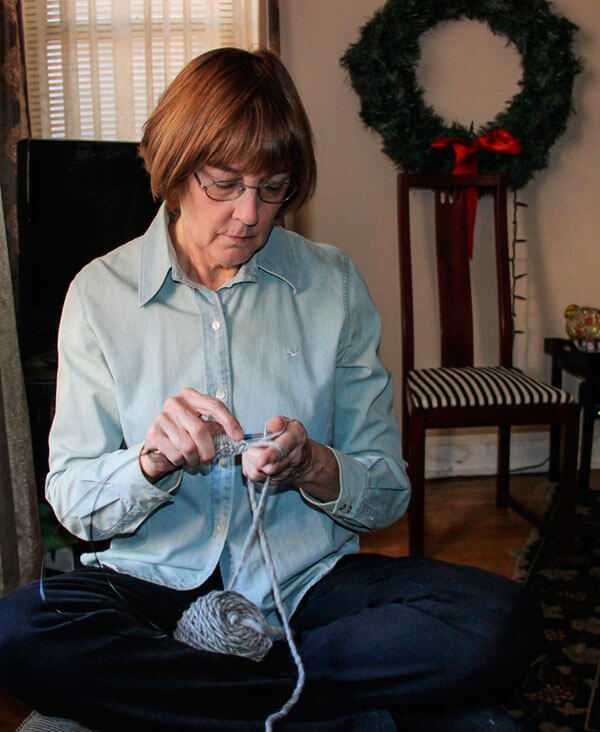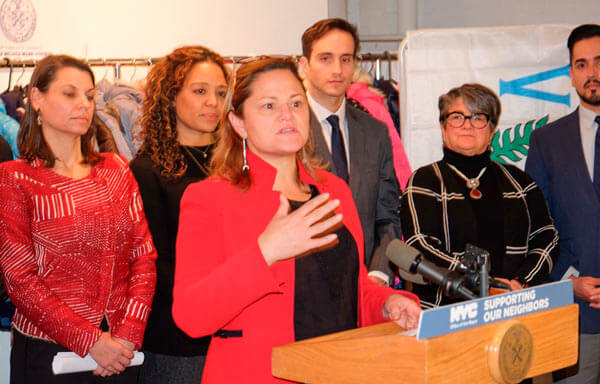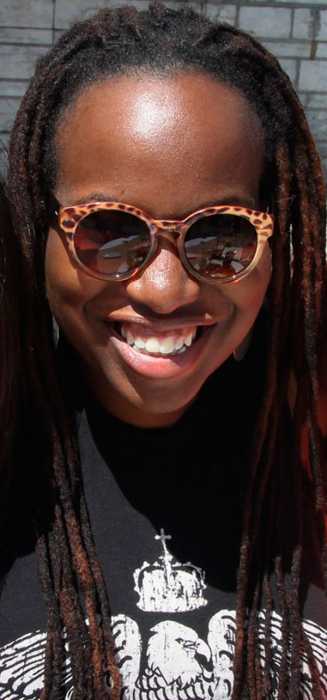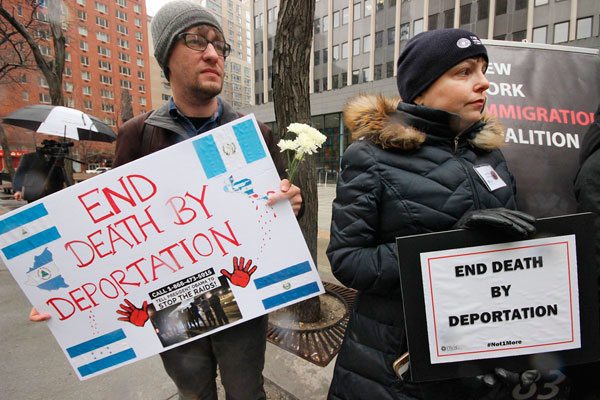Fort Greene resident, Yvonne is a 96-year-old grandmother from Jamaica and the first knitter who is part of the knitting team that creates hand-knit winter accessories with the company named Wooln.
Learning to knit in Jamaica when she was 14, she has continued to knit for 82 years. With a preference to knit in bright colors “because she makes less mistakes,” she works on three to four projects at a time so she does not get bored. She did confess, however, that for two weeks she worked in the dark after eye surgery. Her specialties are chunky cowls and slouchy hats.
The 15-item Wooln line is the brainchild of two French social entrepreneurs Faustine Badrichani, 31, and Margaux Clermontel, 32, both mothers and lovers of grandmothers.
In its first season, items are high-end trendy accessories that include caps and hood / scarves for babies, and snoods commonly known as a cowls–cozy infinity scarves created on circular needles. All are hand-knit in New York by talented grandmothers.
Nationally, the Bureau of Labor Statistics estimates that 25 percent of the United State’s workforce will be age 55 or older by 2020, with more and more older Americans electing to keep working.
“I don’t think Americans appreciate their seniors,” says Faustine, who brings her French sensibilities toward elders to this business.
Most of the knitters but not all are grandmothers. A few are younger who want to supplement their income.
Harlem-resident Charmaine Jones admits to not being a grandmother. A musician and the owner of a high-end custom cake company, she loves to knit and discovered a call for knitters on Craigslist. This is a perfect fill-in as it gets slow during the holidays, she says.
Jones says of the visionary Wooln founders, “They hire people with great skills usually overlooked because they’re of a certain age. Previously grandmothers would make these things for free. They respect grandmothers.”
There are 12 women and one man, self-taught knitter Brooklyn-resident Phillieo, knitting and purling for Wooln. Knitters are given patterns, yarn and needles.
This year’s fashion collection is in more than 20 colors, each finished item labeled with the knitter’s name.
Items are available for sale from www.wooln.com and have been sold at some local holiday fairs.
The Wooln website reads: WOOLN strives to act for the benefit of society at large. We welcome retirees back into the active work force, value forgotten talents, and foster intergenerational exchanges.
The knitters are paid when the items are collected.
Knitter Jones meets up with the founders in mid-town to exchange finished products for more yarn and get paid $10 to $30 depending on the size. Faustine and Margaux might meet up with Yvonne at her neighborhood senior center, at times interrupting her bingo, to “conduct business.”
Senior centers — they visited 60 — were one of their first recruiting resources when they began this project, just last spring.




























